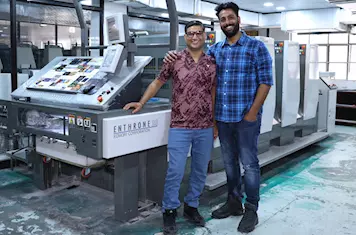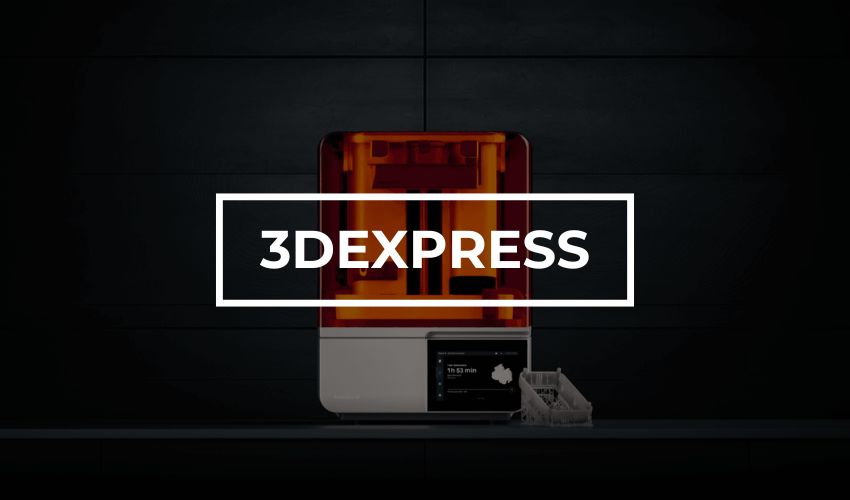Avay Biosciences launches indigenous bio 3D printer for human tissues
Working on printers develop skin – the most common type of layered tissue that could help victims of severe burns
Indian tech start-up Avay Biosciences recently launched ‘Mito Plus,’ an indigenous state-of-the-art bio 3D printer that can reportedly print human tissues. Indian Institute of Science in Bangalore was the first to install Mito Plus.
Mito Plus was officially launched at the Bengaluru Tech Summit that took place from November 16-18, 2022. Avay, co-founded by Suhridh Sunderam, has released Mito Plus as the advanced version for the Bio 3D printer. Avay Biosciences is a completely Indian-based company that develops software and hardware to enable end-to-end Bio3D printing solutions for India.
The start-up is already partnering with premier R&D institutes across India including IIT Madras, Institute of Chemical Technology (ICT), Mumbai, National Institute of Pharmaceutical Education And Research (NIPER), Hyderabad, and BITS Pilani (Goa Campus) as customers and collaborators.
According to several reports on the bioprinting industry, the global 3D-bioprinting market was valued at USD 1.3 million in 2022. It is projected to rise to USD 3.3 billion by 2027. The pharmaceutical and cosmetology sectors are in high demand.
Elaborating on the key applications of ‘Mito Plus,’ Manish Amin, CEO, Avay Biosciences, said, “MITO plus is one of the advanced bioprinter at its price range. MITO Plus can print many biomaterials. It also includes UV curing options. HEPA filter can be found on the printer. Another feature is the temperature control. Both the printhead as well as the printbed can be heated or cooled down to 80 degrees Celsius. MITO plus can be used for pharmaceutical drug discovery and drug testing application, it can also be used in the cancer biology and cosmetology applications.”
Further, explaining how 3D bio printing works and can be an alternative to organ transplants, Amin added, “Bioprinters work in almost the exact same way as other 3d printers do, with one major difference i.e instead of delivering materials such as plastic, metal or powders , bioprinters deposit layer of biomaterials, that may include living cells, to build complex structures like skin tissue, liver tissue etc. The science and technology that allows 3D bioprinting to be made is an amazing gift for humanity. Although there are many issues that remain to be resolved, it is a great start. There is still a long way to go before we can create fully functioning and viable organs for human transplant.”
Avay Biosciences developed the 3D printers internally, with 70% of manufacturing in Chennai and Bengaluru. A dedicated software team focuses on improving software and adding new features.
Further, speaking about the research that would benefit from ‘Mito Plus’ launch, Suhridh Sundaram, COO, Avay Biosciences, said, “Our approach to the creation of entirely new organs begins with the journey of creating new tissue samples – a critical stepping stone for a very long-term and difficult journey. In collaboration with ICT Mumbai, we are working on having our printers develop skin – the most common type of layered tissue that could help victims of severe burns. These tissues can also be used for toxicology screens and various other testing mechanisms.”
Bioprinting is a process that uses different types of polymers in order to create the extracellular matrix (ECM), which is the native material for each cell. It is essential to have affordable bioprinters available for the development of artificial organs. Future research relies on it.


